Anisa Halimi
In-Context Bias Propagation in LLM-Based Tabular Data Generation
Jun 11, 2025Abstract:Large Language Models (LLMs) are increasingly used for synthetic tabular data generation through in-context learning (ICL), offering a practical solution for data augmentation in data scarce scenarios. While prior work has shown the potential of LLMs to improve downstream task performance through augmenting underrepresented groups, these benefits often assume access to a subset of unbiased in-context examples, representative of the real dataset. In real-world settings, however, data is frequently noisy and demographically skewed. In this paper, we systematically study how statistical biases within in-context examples propagate to the distribution of synthetic tabular data, showing that even mild in-context biases lead to global statistical distortions. We further introduce an adversarial scenario where a malicious contributor can inject bias into the synthetic dataset via a subset of in-context examples, ultimately compromising the fairness of downstream classifiers for a targeted and protected subgroup. Our findings demonstrate a new vulnerability associated with LLM-based data generation pipelines that rely on in-context prompts with in sensitive domains.
Privacy-Preserving Model and Preprocessing Verification for Machine Learning
Jan 14, 2025
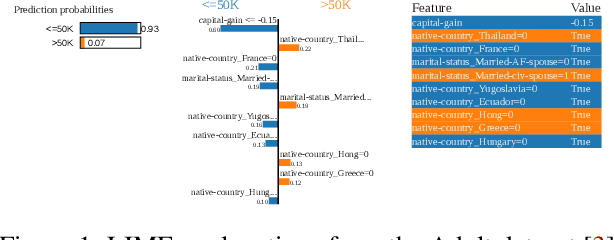
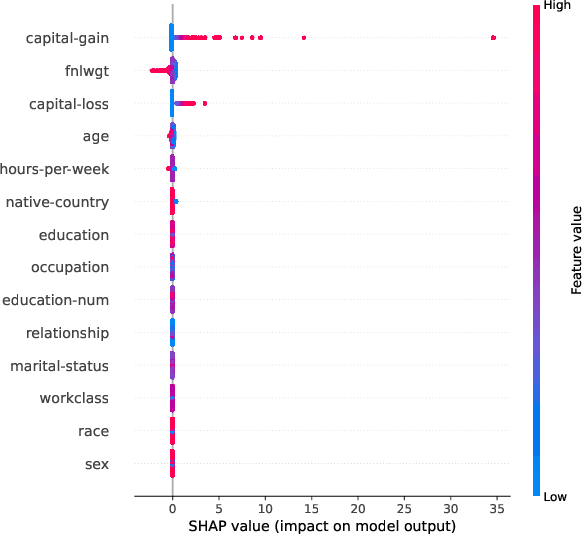
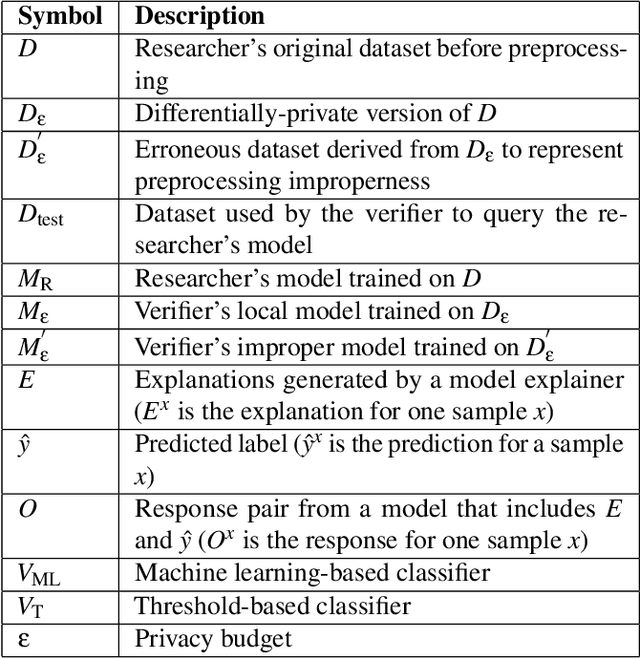
Abstract:This paper presents a framework for privacy-preserving verification of machine learning models, focusing on models trained on sensitive data. Integrating Local Differential Privacy (LDP) with model explanations from LIME and SHAP, our framework enables robust verification without compromising individual privacy. It addresses two key tasks: binary classification, to verify if a target model was trained correctly by applying the appropriate preprocessing steps, and multi-class classification, to identify specific preprocessing errors. Evaluations on three real-world datasets-Diabetes, Adult, and Student Record-demonstrate that while the ML-based approach is particularly effective in binary tasks, the threshold-based method performs comparably in multi-class tasks. Results indicate that although verification accuracy varies across datasets and noise levels, the framework provides effective detection of preprocessing errors, strong privacy guarantees, and practical applicability for safeguarding sensitive data.
FairSISA: Ensemble Post-Processing to Improve Fairness of Unlearning in LLMs
Dec 12, 2023



Abstract:Training large language models (LLMs) is a costly endeavour in terms of time and computational resources. The large amount of training data used during the unsupervised pre-training phase makes it difficult to verify all data and, unfortunately, undesirable data may be ingested during training. Re-training from scratch is impractical and has led to the creation of the 'unlearning' discipline where models are modified to "unlearn" undesirable information without retraining. However, any modification can alter the behaviour of LLMs, especially on key dimensions such as fairness. This is the first work that examines this interplay between unlearning and fairness for LLMs. In particular, we focus on a popular unlearning framework known as SISA [Bourtoule et al., 2021], which creates an ensemble of models trained on disjoint shards. We evaluate the performance-fairness trade-off for SISA, and empirically demsontrate that SISA can indeed reduce fairness in LLMs. To remedy this, we propose post-processing bias mitigation techniques for ensemble models produced by SISA. We adapt the post-processing fairness improvement technique from [Hardt et al., 2016] to design three methods that can handle model ensembles, and prove that one of the methods is an optimal fair predictor for ensemble of models. Through experimental results, we demonstrate the efficacy of our post-processing framework called 'FairSISA'.
AUTOLYCUS: Exploiting Explainable AI (XAI) for Model Extraction Attacks against Decision Tree Models
Feb 04, 2023
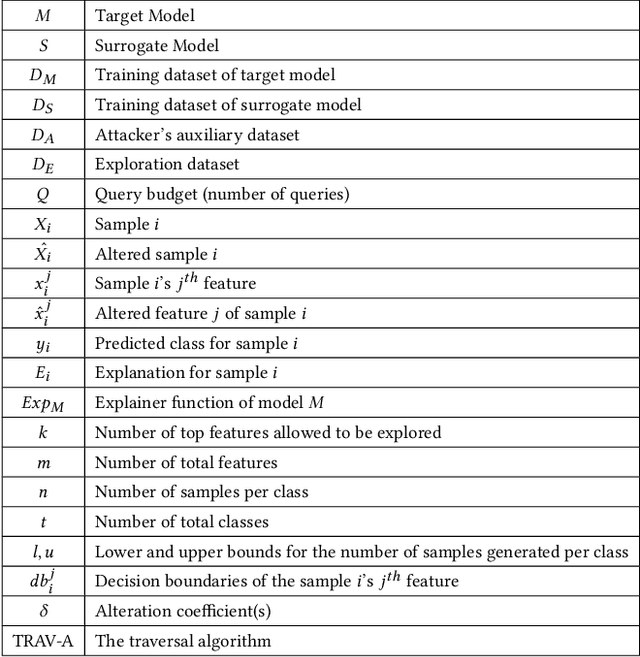


Abstract:Model extraction attack is one of the most prominent adversarial techniques to target machine learning models along with membership inference attack and model inversion attack. On the other hand, Explainable Artificial Intelligence (XAI) is a set of techniques and procedures to explain the decision making process behind AI. XAI is a great tool to understand the reasoning behind AI models but the data provided for such revelation creates security and privacy vulnerabilities. In this poster, we propose AUTOLYCUS, a model extraction attack that exploits the explanations provided by LIME to infer the decision boundaries of decision tree models and create extracted surrogate models that behave similar to a target model.
Federated Unlearning: How to Efficiently Erase a Client in FL?
Jul 12, 2022
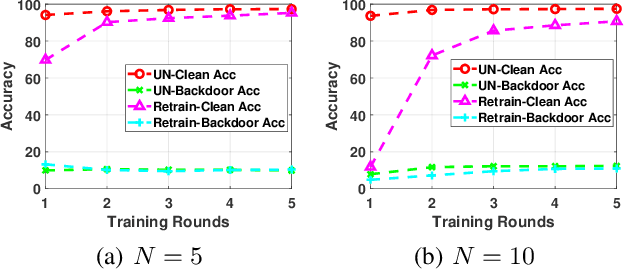
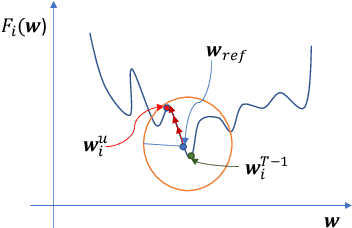
Abstract:With privacy legislation empowering users with the right to be forgotten, it has become essential to make a model forget about some of its training data. We explore the problem of removing any client's contribution in federated learning (FL). During FL rounds, each client performs local training to learn a model that minimizes the empirical loss on their private data. We propose to perform unlearning at the client (to be erased) by reversing the learning process, i.e., training a model to \emph{maximize} the local empirical loss. In particular, we formulate the unlearning problem as a constrained maximization problem by restricting to an $\ell_2$-norm ball around a suitably chosen reference model to help retain some knowledge learnt from the other clients' data. This allows the client to use projected gradient descent to perform unlearning. The method does neither require global access to the data used for training nor the history of the parameter updates to be stored by the aggregator (server) or any of the clients. Experiments on the MNIST dataset show that the proposed unlearning method is efficient and effective.
 Add to Chrome
Add to Chrome Add to Firefox
Add to Firefox Add to Edge
Add to Edge